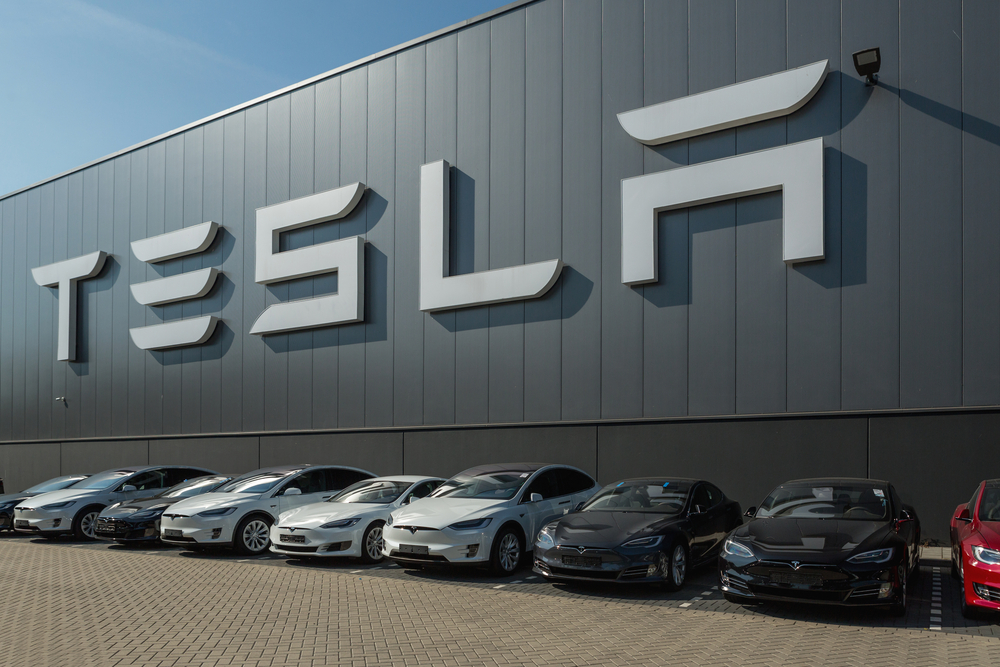
November 7, 2023
Senior executives from Tesla have engaged in dialogues with the government regarding plans to establish car and battery manufacturing facilities in India
Tesla has demonstrated a keen interest in bringing its supply chain ecosystem to the country
Ministries and government departments have been instructed to resolve any disparities with Tesla
The government had urged the company to apply for the production-linked incentive scheme

India is preparing to welcome Tesla by securing the necessary approvals by January 2024.
The Prime Minister’s Office recently convened a meeting, where top officials gathered to assess the upcoming phase of electric vehicle (EV) manufacturing in India, including Tesla’s investment proposal, according to individuals familiar with the matter as reported by ET.
Although the meeting primarily focused on general policy matters, it unequivocally emphasised the acceleration of approvals for Tesla’s proposed investments in the country by January 2024, as confirmed by a high-ranking official.
The ministries of commerce and industry, heavy industry, electronics and IT have been engaged in discussions concerning the electric car manufacturer’s intentions following Tesla CEO Elon Musk’s meeting with Prime Minister Narendra Modi during his state visit to the US in June.
Senior executives from Tesla have engaged in dialogues with the government regarding plans to establish car and battery manufacturing facilities in India. The EV manufacturer has demonstrated a keen interest in bringing its supply chain ecosystem to the country.
Ministries and government departments have been instructed to resolve any disparities with Tesla and facilitate the expeditious announcement of the company’s manufacturing blueprint for India, as stated by a second official.
Previously, Tesla had sought a 40% import duty on fully assembled electric cars, contrasting with the current 60% rate applicable to vehicles priced below US$ 40,000 and 100% for those priced above this threshold.
India’s customs duty framework currently makes no distinction between electric vehicles and those powered by hydrocarbons, imposing substantial duties to promote local manufacturing. Tesla is advocating for its vehicles to be classified as electric vehicles rather than luxury cars.
The high import duty had been a point of contention between Tesla and the Indian government, with the US-based EV manufacturer aiming to initially sell some cars in the country before establishing a local manufacturing unit.
The first official mentioned the possibility of introducing a new category in the import policy to ensure that environmentally friendly vehicles are subject to lower taxation, emphasising that this incentive would apply not only to Tesla but to any entity committed to establishing electric vehicle manufacturing units.
Furthermore, the government had urged the company to apply for the production-linked incentive scheme, which offers direct subsidies to manufacturers instead of seeking customs duty concessions.
Source: Economic Times